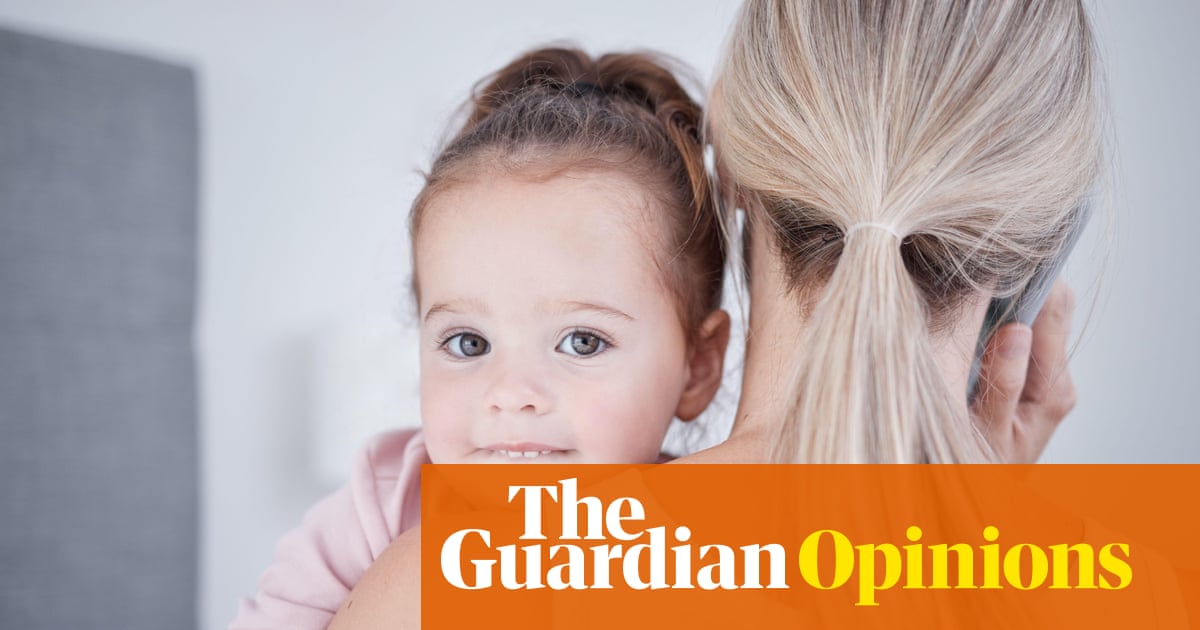I was one of the first people in the UK to make YouTube videos about sex and relationships. I started in 2011 when I was 19 years old. But at the end of last year, I made one of the hardest decisions of my life. After 12 years as a creator, I quit.
This decision was something that had been building up for years but it wasn’t until I had my baby in 2022 that things really changed for me, and I knew I could no longer just sit and wait for either burnout or social media “irrelevance” to take me. I wanted to be in the driver’s seat for any major changes to my life and career rather than just feeling like things were happening to me. Deciding to quit the thing I was known for was a gruelling and soul-searching process, but it was absolutely the right thing to do.
For the past decade I had been in what I call constant “output mode”. Creating regular YouTube videos, podcast episodes and social media content puts you on this hamster wheel where you always have to be creating. The fear is that if you dare take a break, people will forget about you, the algorithm gods will punish you and your income and career will inevitably suffer. The pressure to always be posting is real. And the problem with being in constant output mode is that you never get a chance to be in “input mode”. This is where you get to learn, explore, refill the well, take care of yourself and nourish your curiosity.
Then I got pregnant. There is no blueprint for freelancers, creators or small business owners for what to do about parental leave, so I made up what I thought would be the best balance between me getting “time off” to look after the baby and not letting the business suffer too much. I took three months off. It was the longest I hadn’t posted anything on my YouTube channel in more than 10 years. To prepare for my new life as a working mum I also expanded my team to help take some things off my plate.
Initially I loved coming back to work part-time, but all the cracks from before were showing and getting harder to ignore. The content was suffering and I was running out of steam. I had even less time to dedicate to input mode, which meant I was scraping the bottom of the barrel for ideas and I was extremely lacking in inspiration or motivation. I love nerding out about sex and relationships but I found myself completely and utterly bored.
At the same time, the business was struggling financially. Paying other freelancers to take on what I wasn’t doing during my leave and reduced hours didn’t only emotionally detach me from the work, but also drained my bank account. The way things were going wasn’t sustainable – I was paying my team and myself from savings and that couldn’t continue.
The other thing that was becoming unsustainable was my mental health. After years of being online I had become hyper-vigilant about anything I posted. I would overthink everything I said and I was beginning to not even trust my own judgment on things, which felt scary and unsettling. All of these reasons led me to reassess what I was doing – and as soon as the answer came to me, I relaxed. I was going to quit.
There has been a recent pattern of YouTube creators halting their output, such as Tom Scott, a British creator who’d been making educational videos for a decade. In his goodbye video, he said: “I’m so tired, there’s nothing in my life except work.” Others are scaling down their businesses, like Matt D’Avella, an American productivity YouTuber. In a video explaining why he had stripped back his entire team to become a solo creator again, he said: “I wanted to make more videos, I wanted to fund bigger projects, and I wanted to work less. The irony was that I was creating less, making less money, and I was working more than I ever had before.” It feels like we’re coming out the other side of a period when creators were expected to scale up their businesses, spending more and more time on managerial duties and less on creating – leaving many exhausted and forced to quit entirely or scale down as a result.
While I won’t be in front of the camera any more, I’m still staying in the creator industry. In fact, I’m changing my business to help others solve the problems I faced, building systems behind the scenes to help run their businesses – including working on parental leave strategy.
I was done. The work felt finished. I had said everything that I wanted to say and, in the years since I started, so many more amazing people have begun creating incredible sex and relationships content online. I didn’t feel like I was abandoning my audience – I felt like I was leaving them in safe hands. I was ready to move on and do something else. I quit on a high.

James Parker is a UK-based entertainment aficionado who delves into the glitz and glamour of the entertainment industry. From Hollywood to the West End, he offers readers an insider’s perspective on the world of movies, music, and pop culture.








